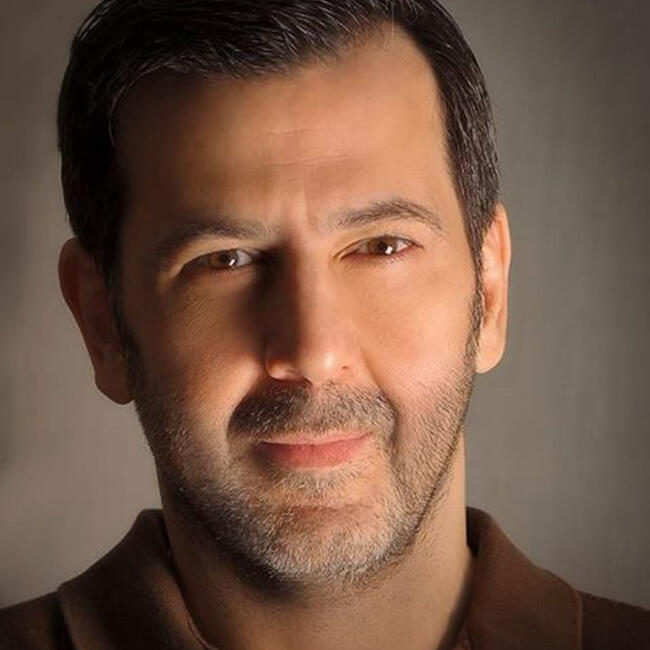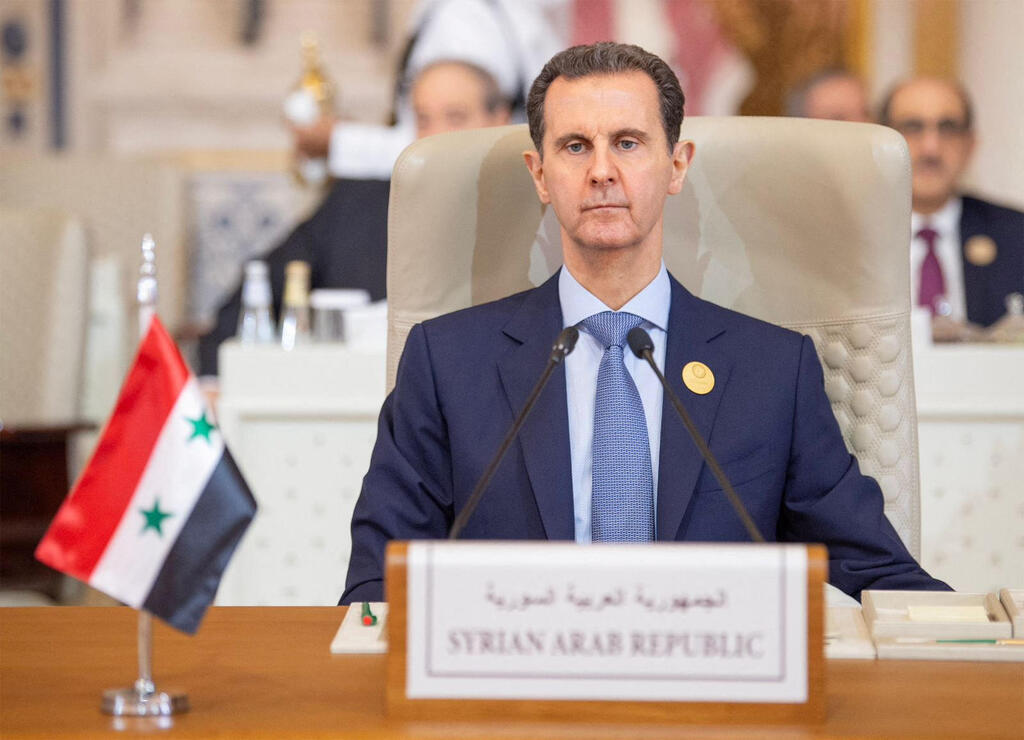Getting your Trinity Audio player ready...
On Sunday, Sept. 29, Israel reportedly launched an airstrike on a villa in the Yafour area on the outskirts of Damascus, according to Arab media reports. The villa is said to belong to Syria's elite Fourth Division, commanded by Maher al-Assad, the brother of Syrian President Bashar al-Assad.
The U.K.-based Syrian Observatory for Human Rights, an opposition-affiliated war monitor, reported that senior Hezbollah and Iranian Revolutionary Guard officials frequented the villa. No casualties were reported in the strike.
The group also claimed that Assad had been warned that any transfer of weapons from the Fourth Division’s stockpiles to Lebanon would make them a target of future Israeli strikes. It described Assad as a key figure in Iran’s influence within the Syrian regime and someone closely aligned with Hezbollah.
Although rumors circulated about Assad’s fate following the attack, Syrian sources said he was not present at the villa at the time. Over the years, there have been multiple unconfirmed reports of Maher being injured or killed, but none have been verified.
Following the villa strike, additional airstrikes were reported in Syria in the following days. Israel has long aimed to disrupt Hezbollah’s weapons supply routes through Syria, which are part of the broader Iranian-Shia axis.
On Oct. 3, just days after the villa strike, another Israeli attack reportedly targeted a site linked to the Fourth Division near Yafour. According to Qatari newspaper The New Arab, an Israeli drone hit the division's site west of Damascus.
Opposition-linked Syrian outlet Voice of the Capital added that Israeli drones were targeted in interception attempts around the Yafour, Dimas and Jadida Al-Shibani areas in Damascus’s suburbs. While strikes on the Fourth Division are nothing new, the recent escalation raises questions about the intensity of the attacks and the prominent role of Maher al-Assad, who oversees everything from above.
Succession hopes derailed by fiery temperament
Maher al-Assad, born on Dec. 8, 1967, is the youngest son of Syria’s late President Hafez al-Assad and his wife Anisa Makhlouf. He grew up largely out of the public eye as his father assumed power, and later studied at Damascus University.
Following his studies, Maher joined the Syrian military, following in the footsteps of his older brother, Bassel al-Assad. After Bassel’s death in a car accident in 1994, Maher was considered a potential successor to his father, but the role ultimately went to his brother Bashar, despite Bashar’s lack of military experience. Reports suggest Maher’s fiery temperament played a role in him being passed over. Maher is married to Manal Tawfiq Jadaan and has two daughters and a son.
Assad is known in Syria as a ruthless military commander, holding a rank equivalent to major general and leading the elite Fourth Division of the Syrian army, one of the most loyal divisions to the Assad regime.
In recent years, the Fourth Division has also become an economic powerhouse, overseeing the production and smuggling of drugs, particularly the stimulant Captagon, which is trafficked from Syria to other countries in the region. Some reports link Assad to the leadership of the Republican Guard, an elite unit tasked with defending the regime and Damascus from external threats, although other sources dispute his involvement.
Assad has faced opposition from within his own family. His sister-in-law, Majd Tawfiq Jadaan, aligned with the Syrian opposition, has publicly denounced him, describing him as being like his father, Hafez, in “malice, cunning and crimes.” In a past interview, she accused Assad of playing a central role in the destruction of Syria and the genocide of its people, saying he bears as much responsibility as his brother Bashar.
In 2011, Assad was targeted by U.S. sanctions imposed on his brother's regime. Then-President Barack Obama signed an executive order sanctioning Syria’s intelligence agency and two of Bashar’s relatives, including Maher, in response to the brutal crackdown on the popular uprising that spiraled into the country's more-than-a-decade-long civil war. The other relative sanctioned was Atef Najib, a cousin of the president.
Arab documentation of an attack in the area of Damascus, Syria
Get the Ynetnews app on your smartphone:







